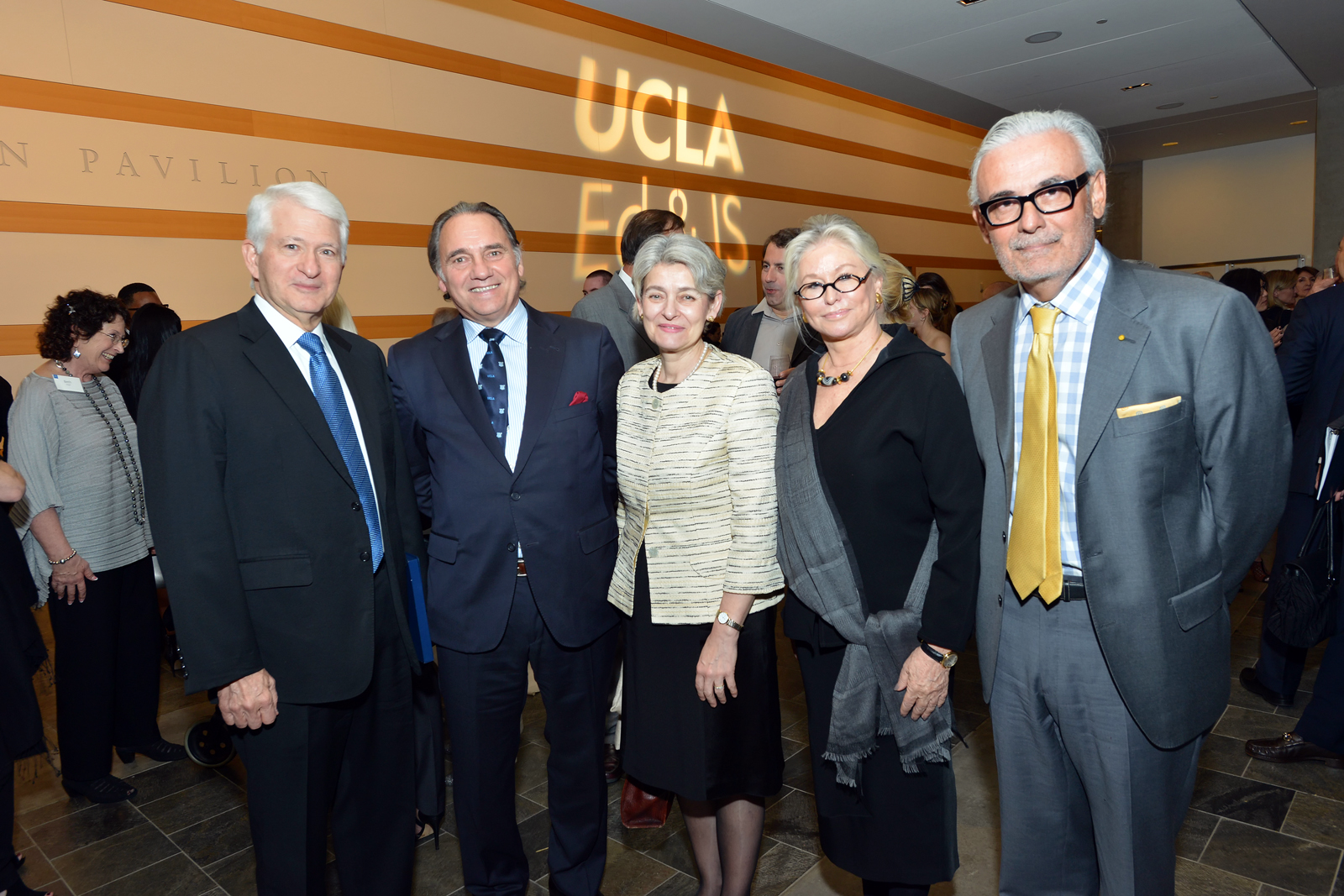(March 28th, 2016) The UN Secretary-General’s Global Initiative on Education has developed three core priorities: put every child in school, improve the quality of learning, and foster global citizenship.

An upcoming U.N. Conference on Global Citizenship will host discussions on the meaning and promise of global citizenship, especially through the eyes of youth.
On May 30 to June 1, leaders of nongovernmental organizations, technical experts, U.N. and national government officials will meet in Gyeongju, South Korea, to develop an action agenda focused on the theme: “Education for Global Citizenship: Achieving Sustainable Development Goals’’.
Education for global citizenship is necessary for building a more peaceful world where everyone has a right to clean air and water, food, shelter and other basic human rights. UNESCO Global Citizenship Education “aims to empower learners to assume active roles to face and resolve global challenges and to become proactive contributors to a more peaceful, tolerant, inclusive and secure world.” To this end, U.N. Secretary-General Ban Ki-moon’s Global Initiative on Education has developed three core priorities: put every child in school, improve the quality of learning and foster global citizenship.
The Boston Global Forum has been intensely involved in global-citizenship initiatives, especially through its collaboration with the UNESCO-UCLA program in Global Learning and Global Citizenship Education. The program’s chair is BGF member Prof. Carlos Alberto Torres. And Nguyen Anh Tuan, the BGF’s Chief Executive and Editor-in-Chief, is chairman of the International Advisory Committee of the UNESCO-UCLA Global Citizenship Education program.